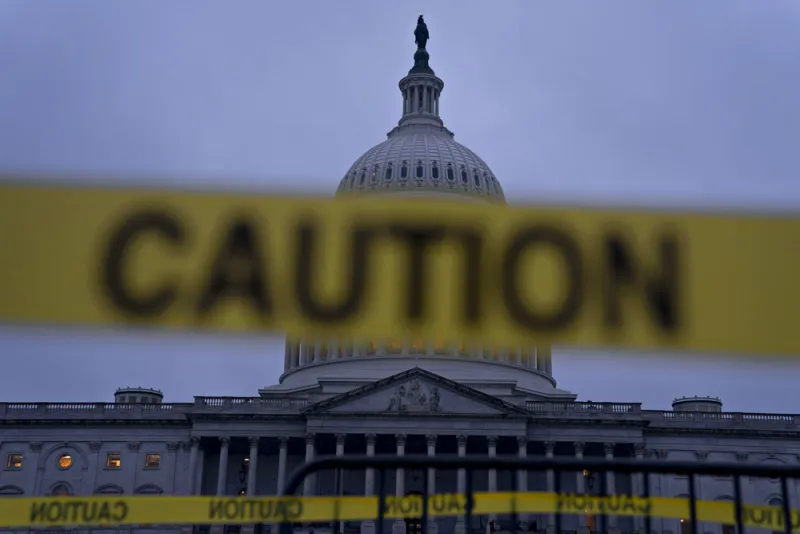As 2019 unfolds, investors at pension funds, endowments and other institutions will be anxiously monitoring numerous cracks in global markets. But it’s the uncertainty around U.S. economic and trade policies makes investors sweat most of all, according to survey results released Thursday morning.
Forty-four out of 100 allocators said their biggest fear for 2019 is the effect of geopolitical issues on financial markets, which experienced significant volatility last year. According to the poll by institutional services firm Murano, big global investors are primarily focused on U.S. instability and Washington, D.C., dysfunction. More than one-quarter are jittery about policies in the U.S. Their most-cited challenge is the ongoing global trade battle between the U.S. and China.
[II Deep Dive: What Trying to Time the Market Will Cost You]
In contrast, only 14 percent of investors expressed concern about Europe. The continent has been battered by Brexit, uncertainty about German leadership post-Angela Merkel, and the rise of populism in Italy, among other countries — but investors find American politics far more worrying, Murano found.
Sixty-three percent of the allocators surveyed were based in North America, 21 percent in Europe, 12 percent in Asia, and the remaining 4 percent in other regions.
Familiar themes — including the continued rise in interest rates — continue to rattle allocators as they enter the new year. Nearly a third of respondents (31 percent) fear that the strong phase of the economic cycle is ending and a global downturn will follow. The prospect of slower global growth concerns 24 of the 100 allocators, according to the survey, but just six of them said that a global recession is “a possibility” for 2019.
The survey’s results aligned with other gauges of investor sentiment.
For a number of years, allocators have been focused on when the equities bull market — which kicked off in 2009 — would end. Many have put hedging strategies in place to help protect portfolios from downturns, while others have locked in their equity market gains by implementing liability-driven investment strategies. At the same time, institutional investors have been dumping hedge funds — some of which were designed to perform in a bear market — because of their failure to keep up with rising equities.







